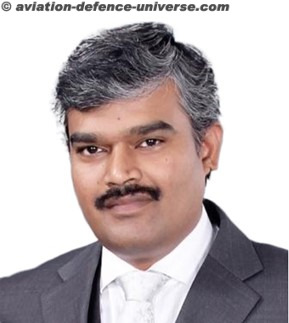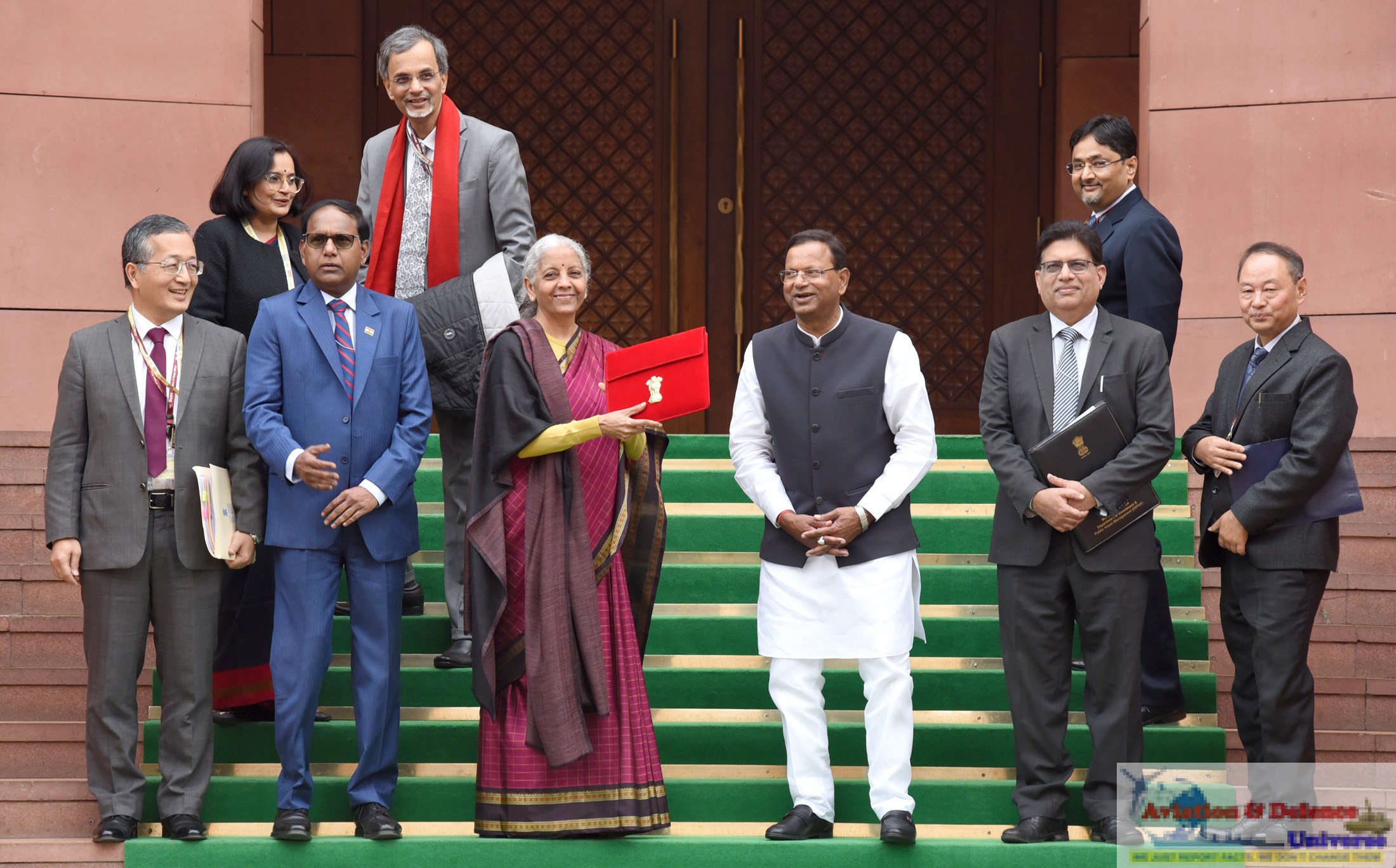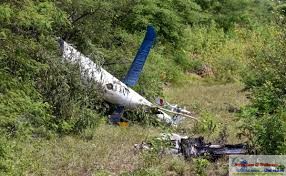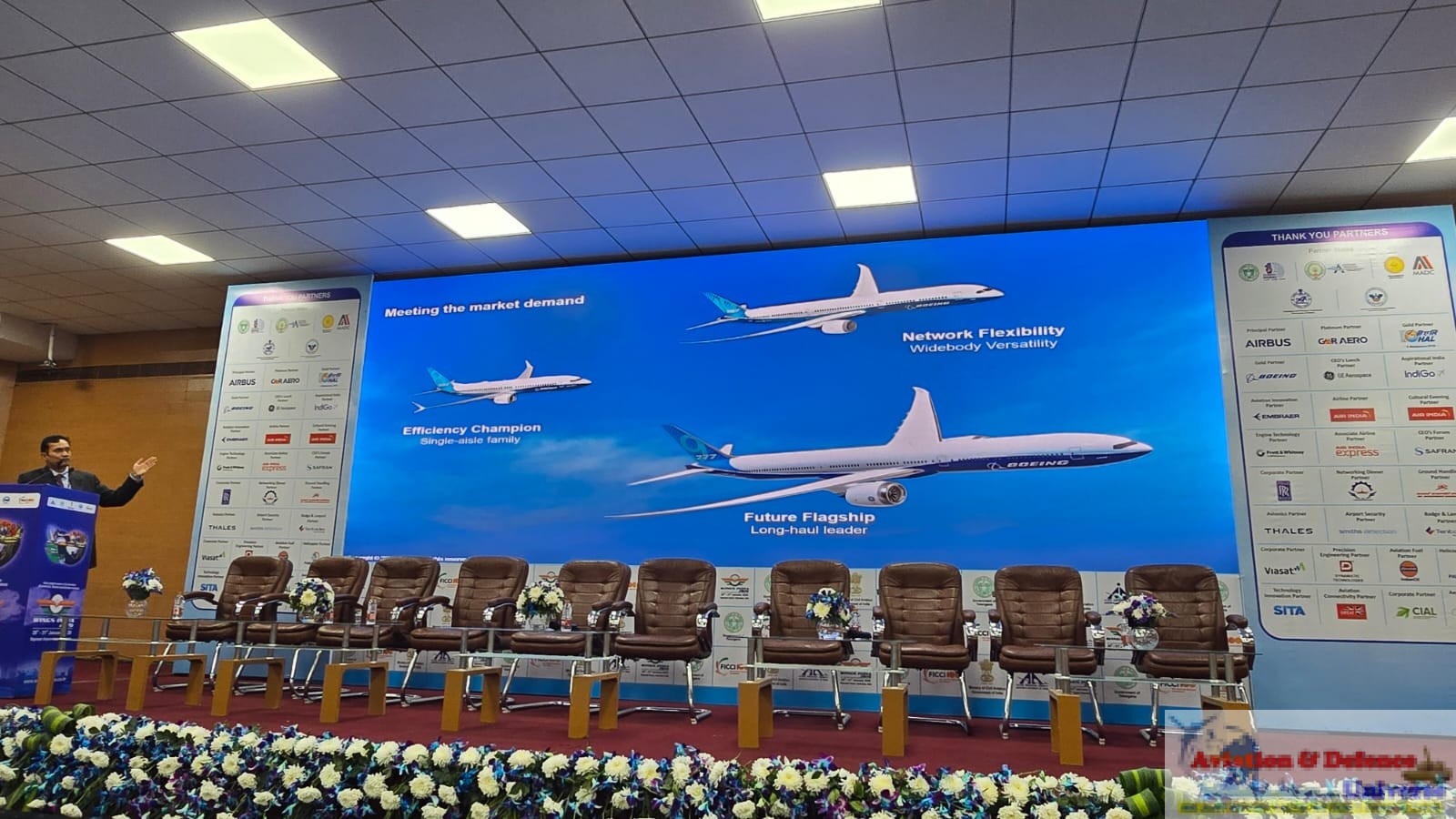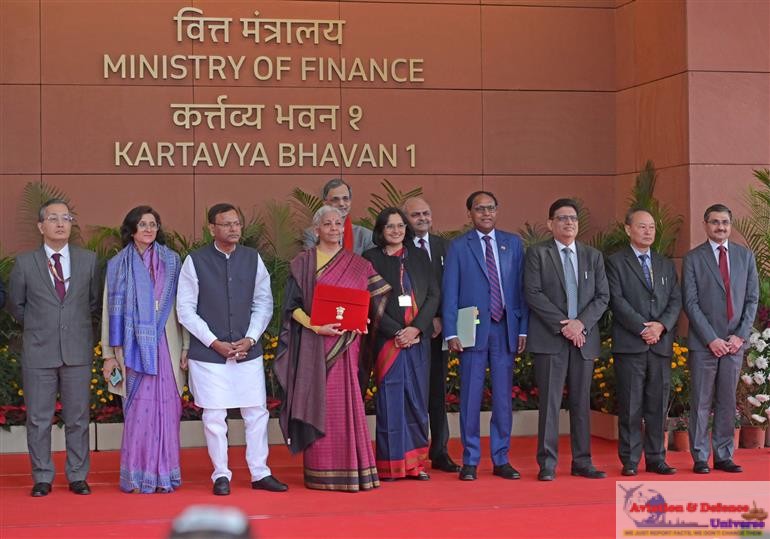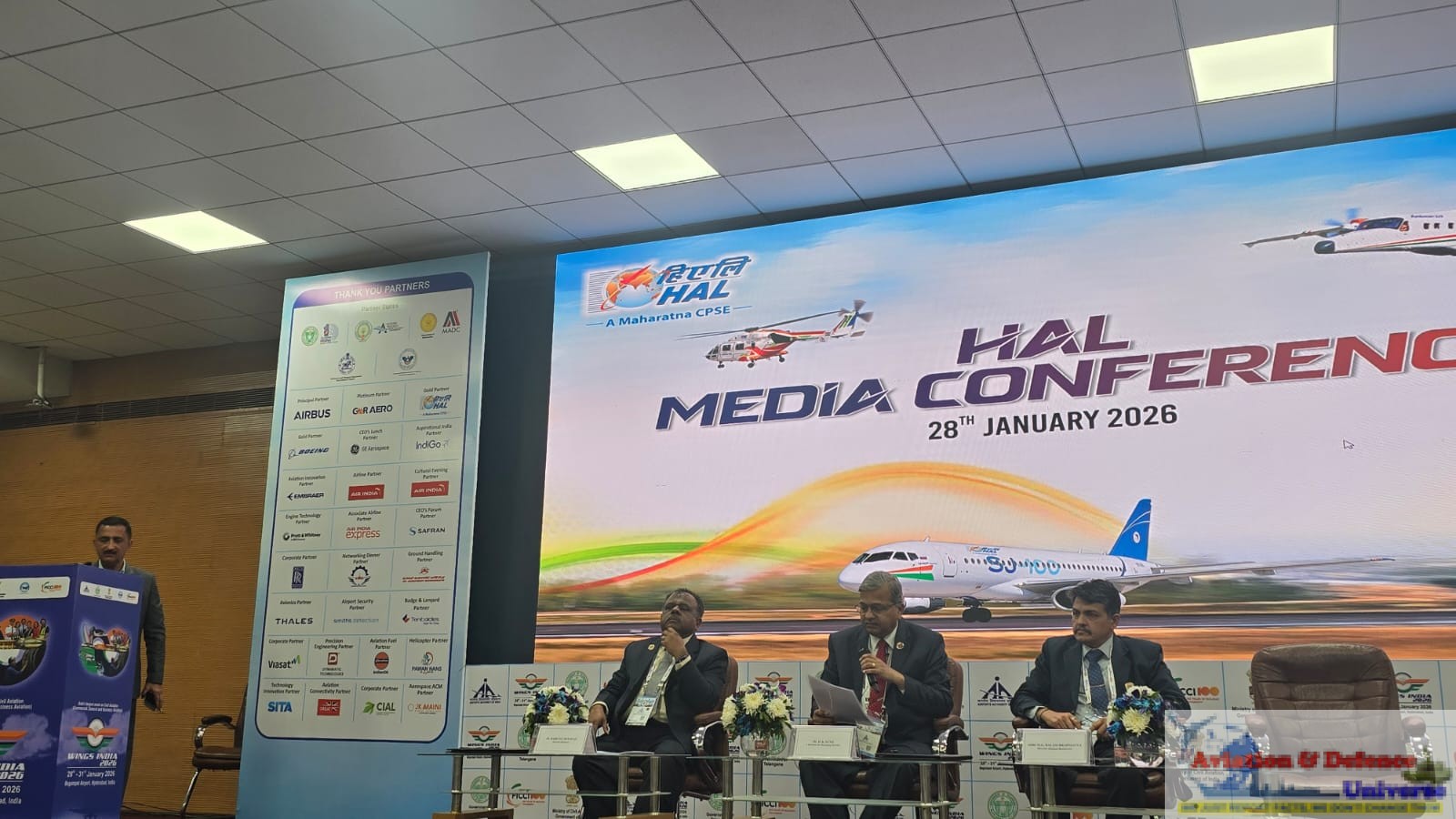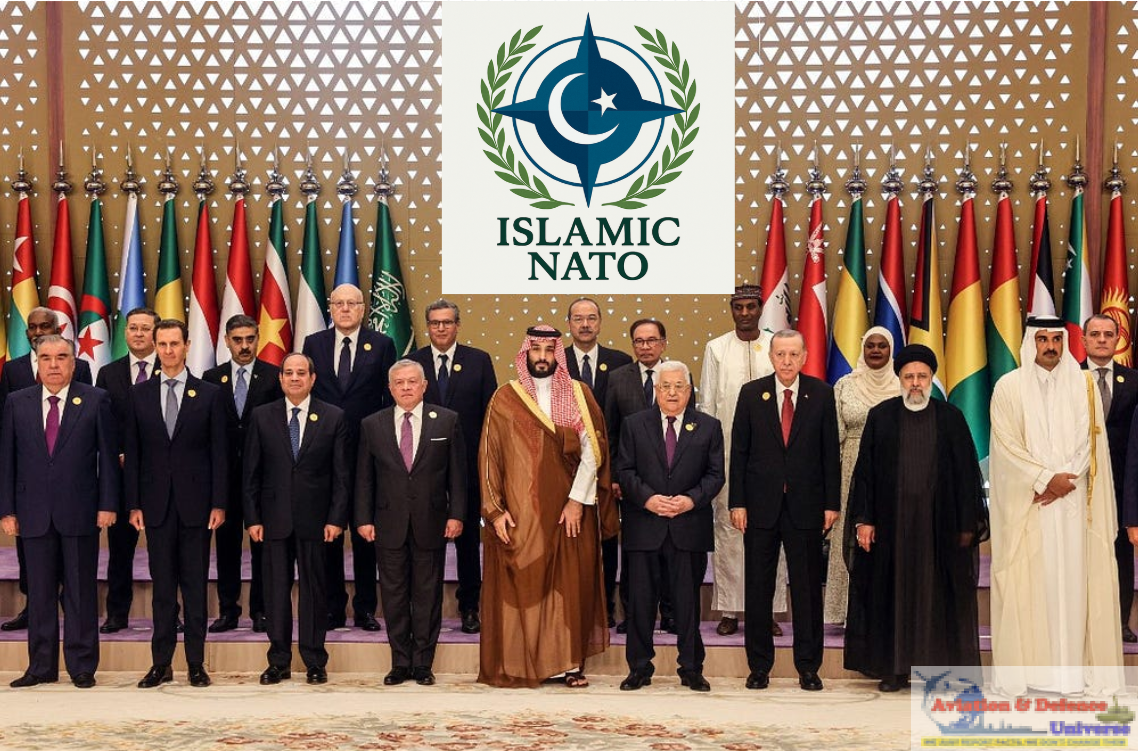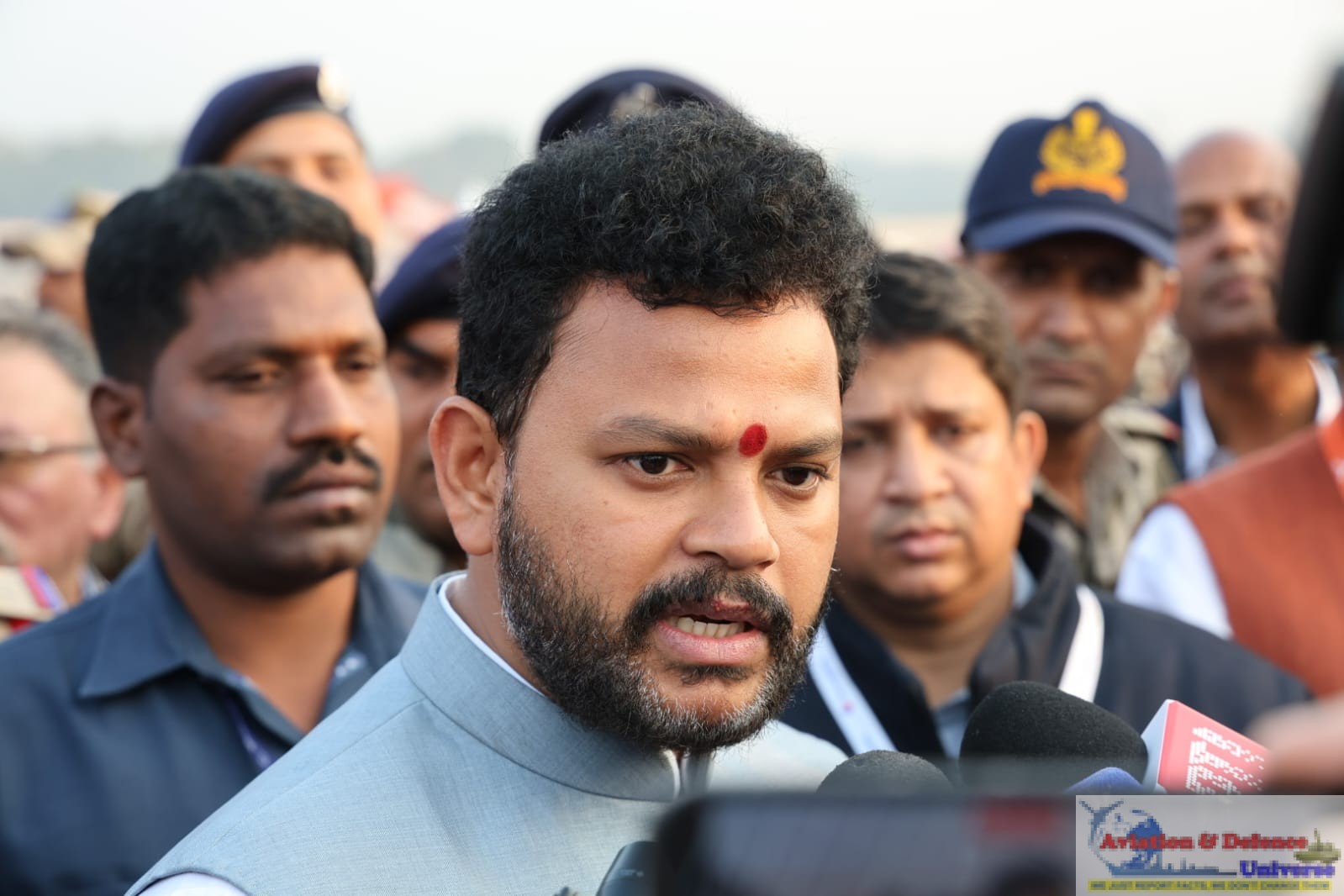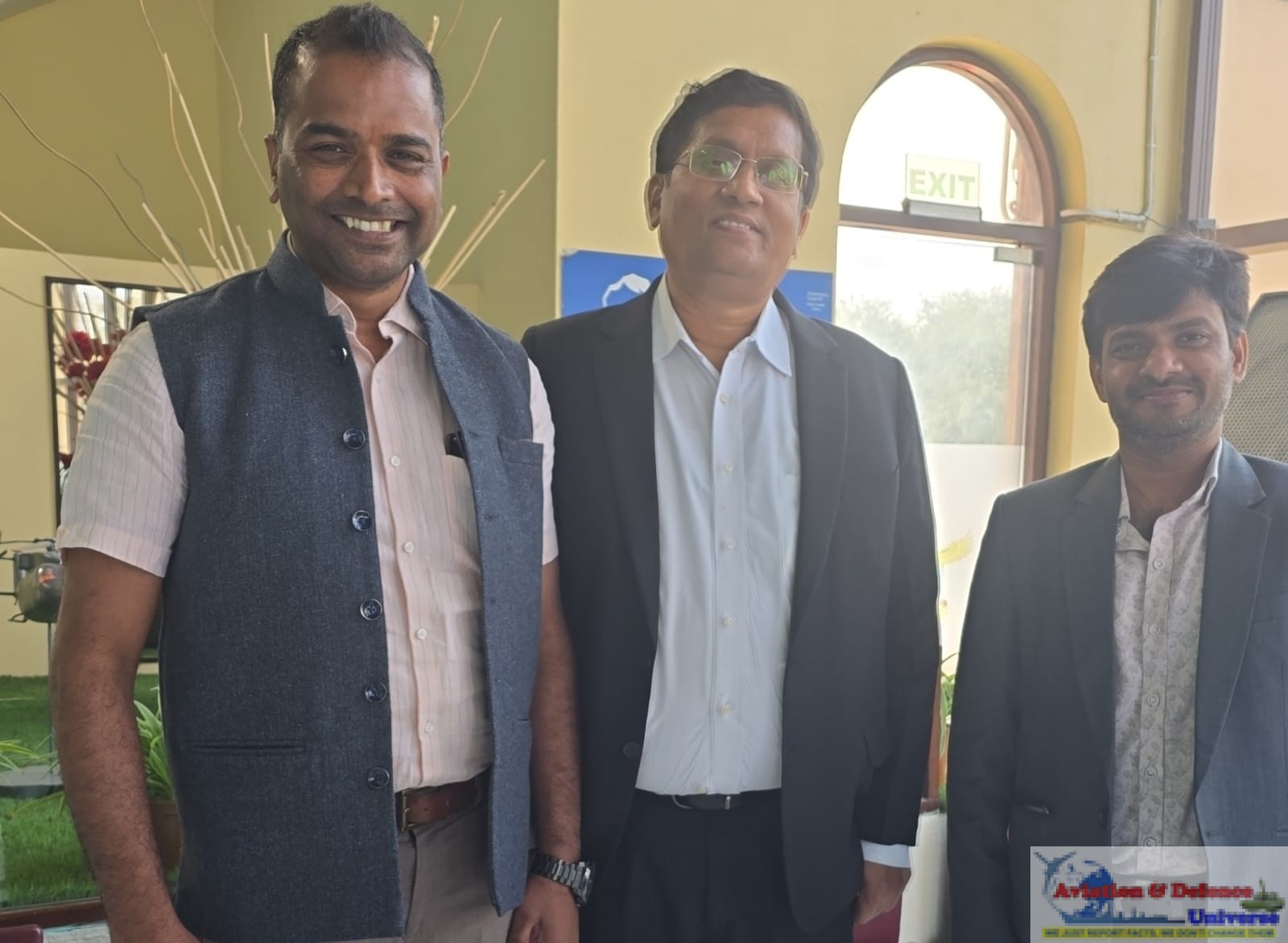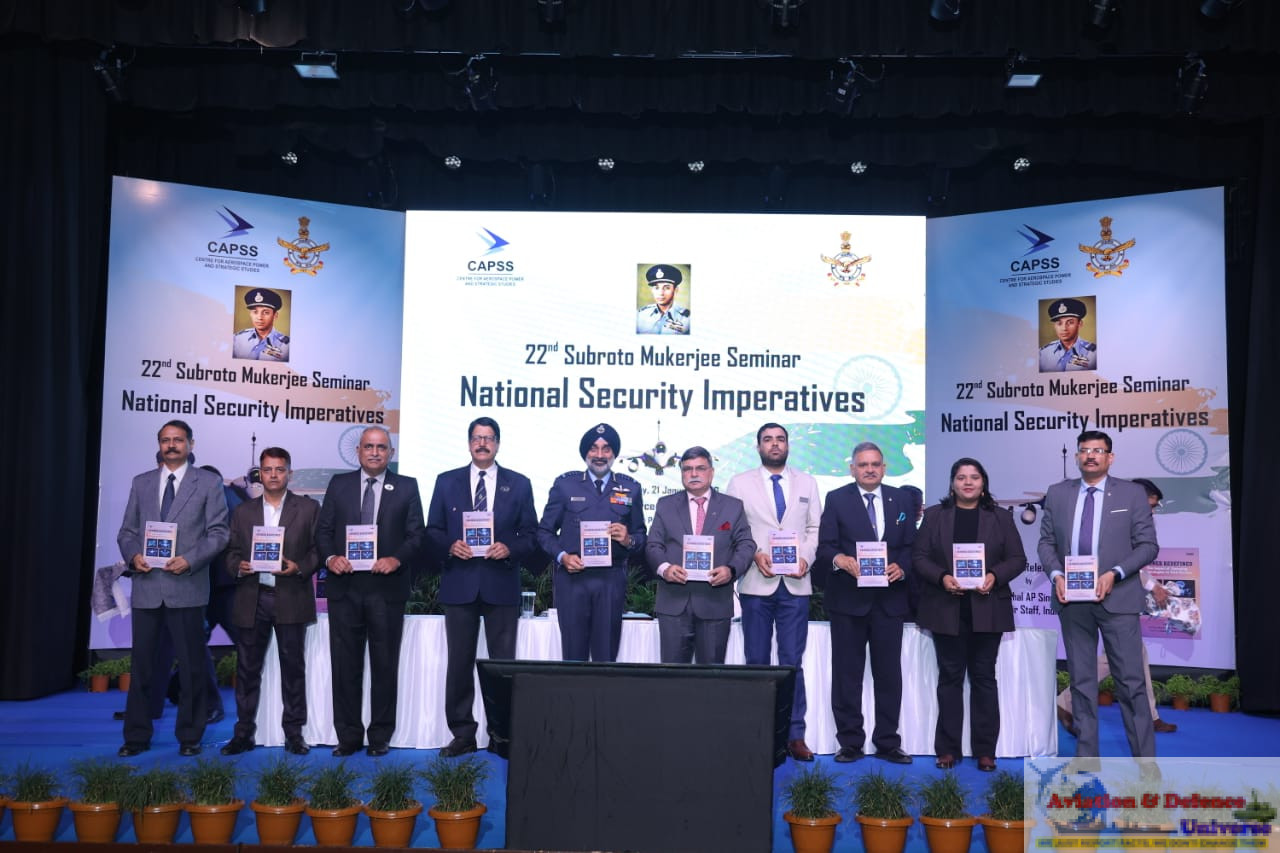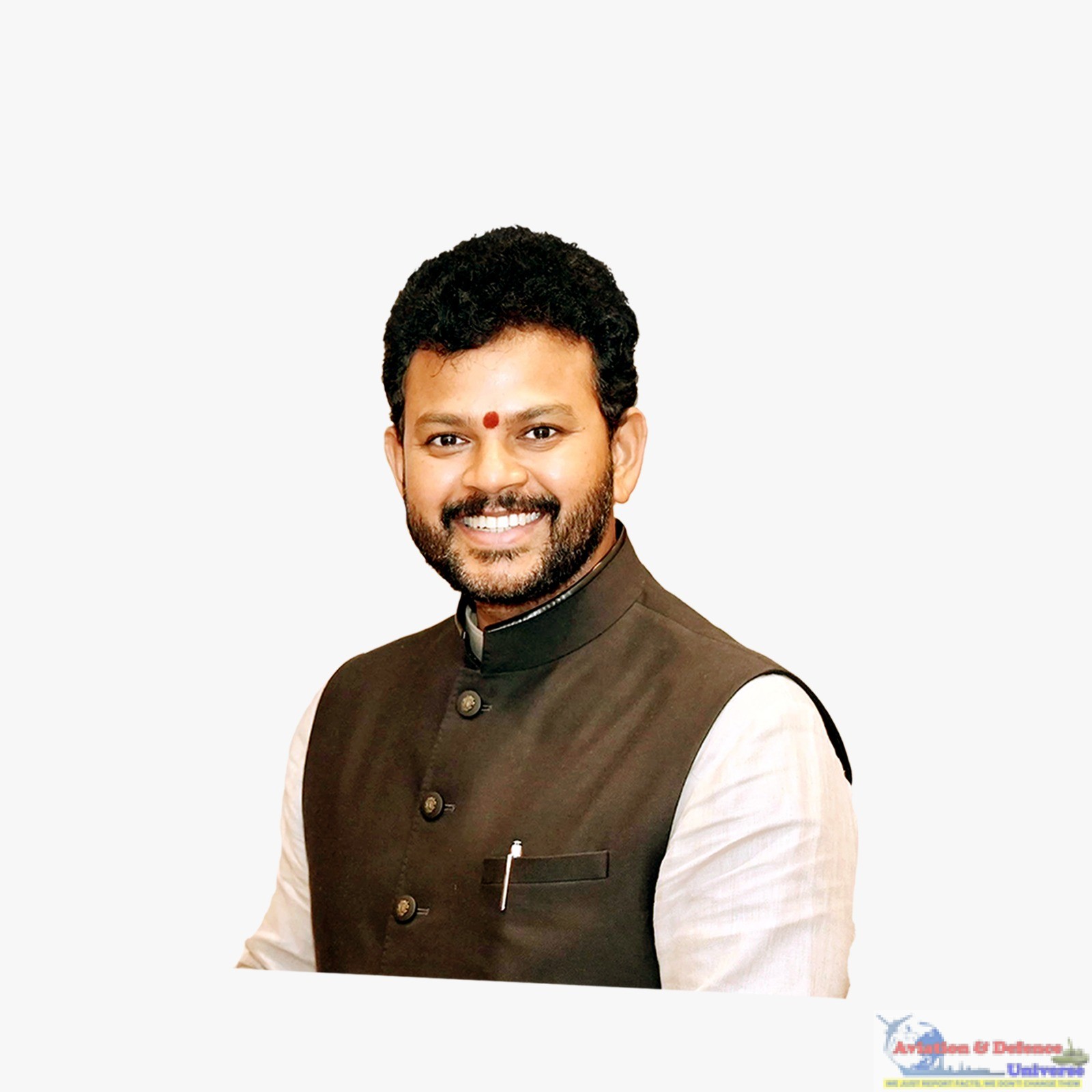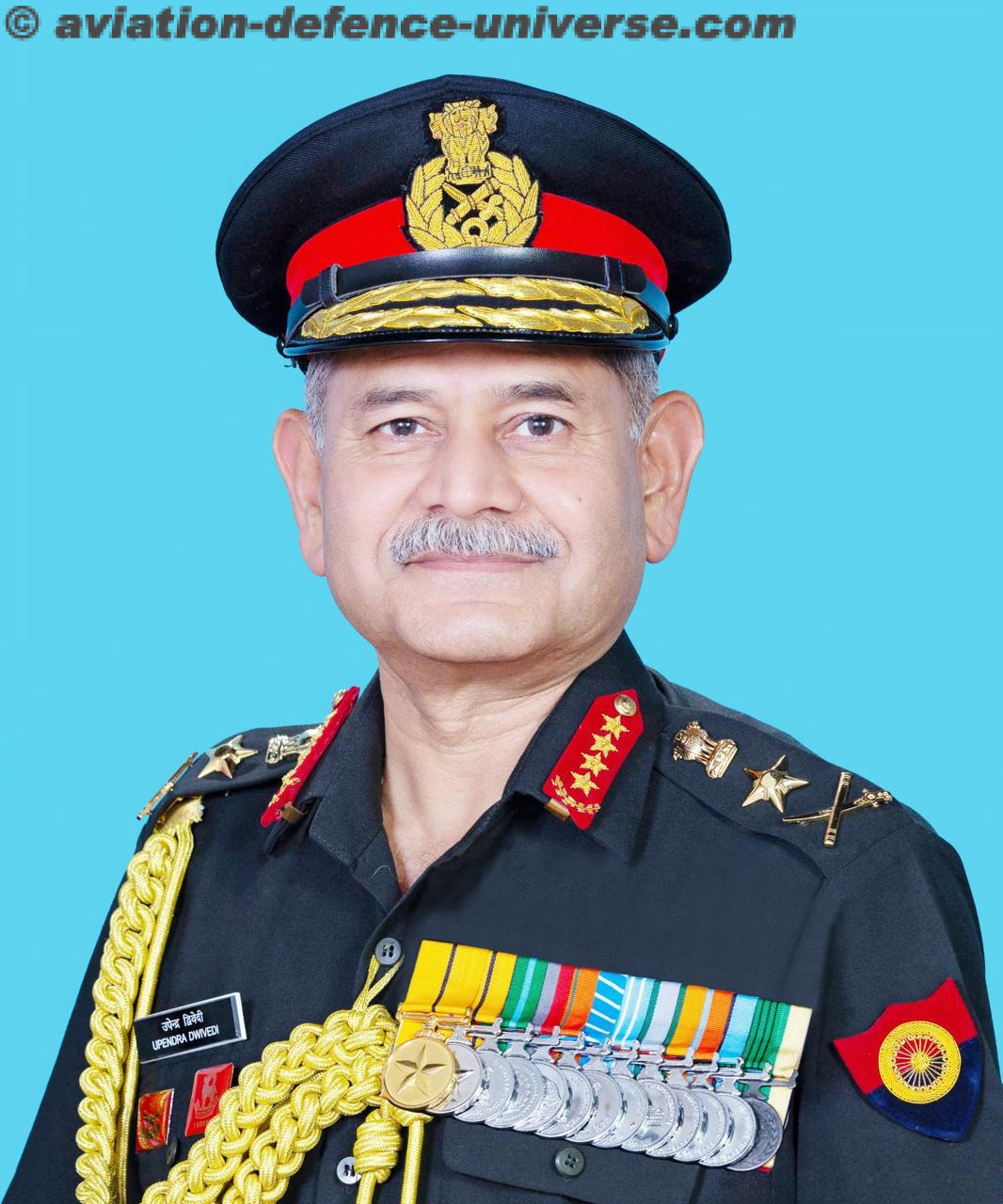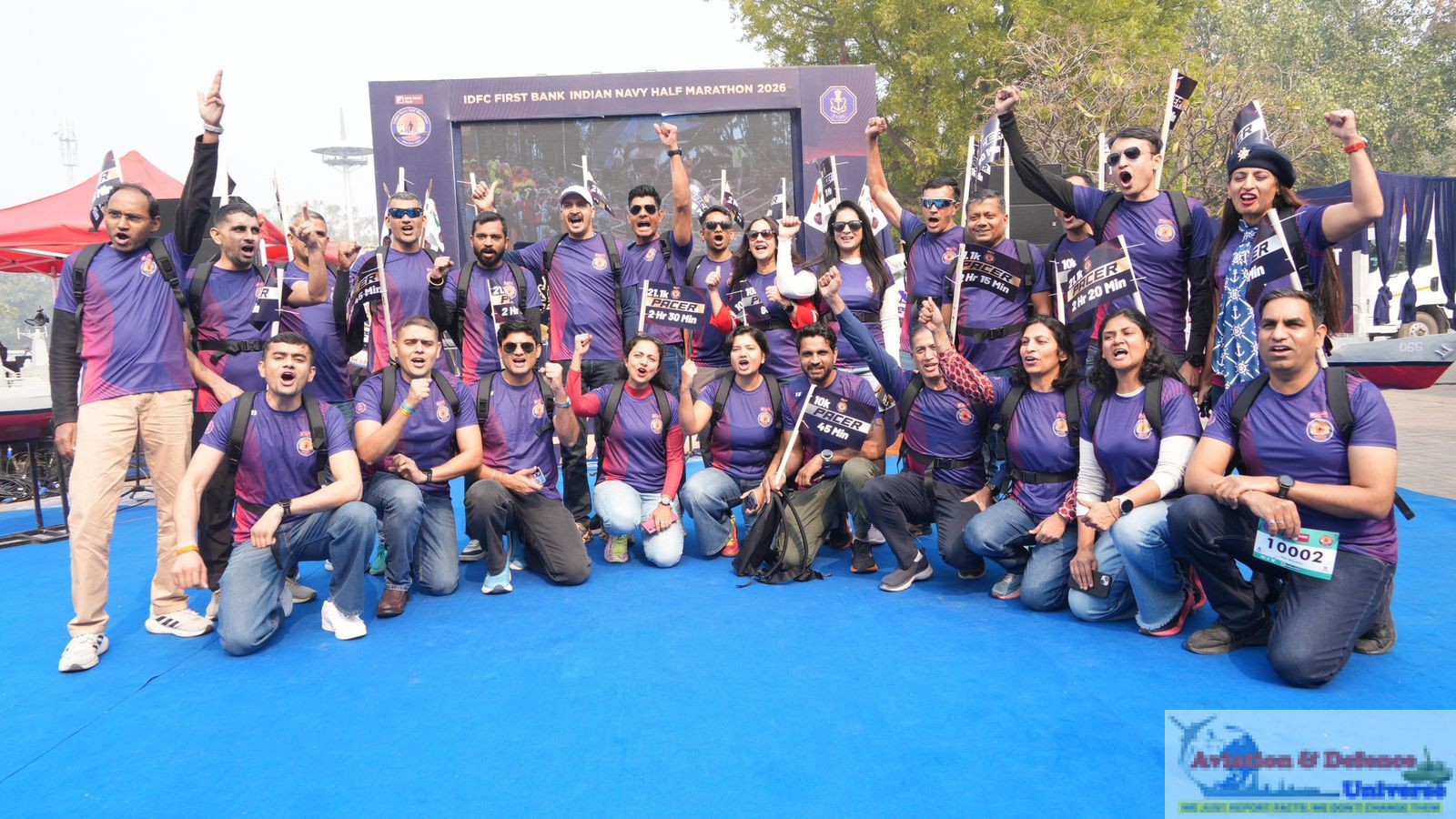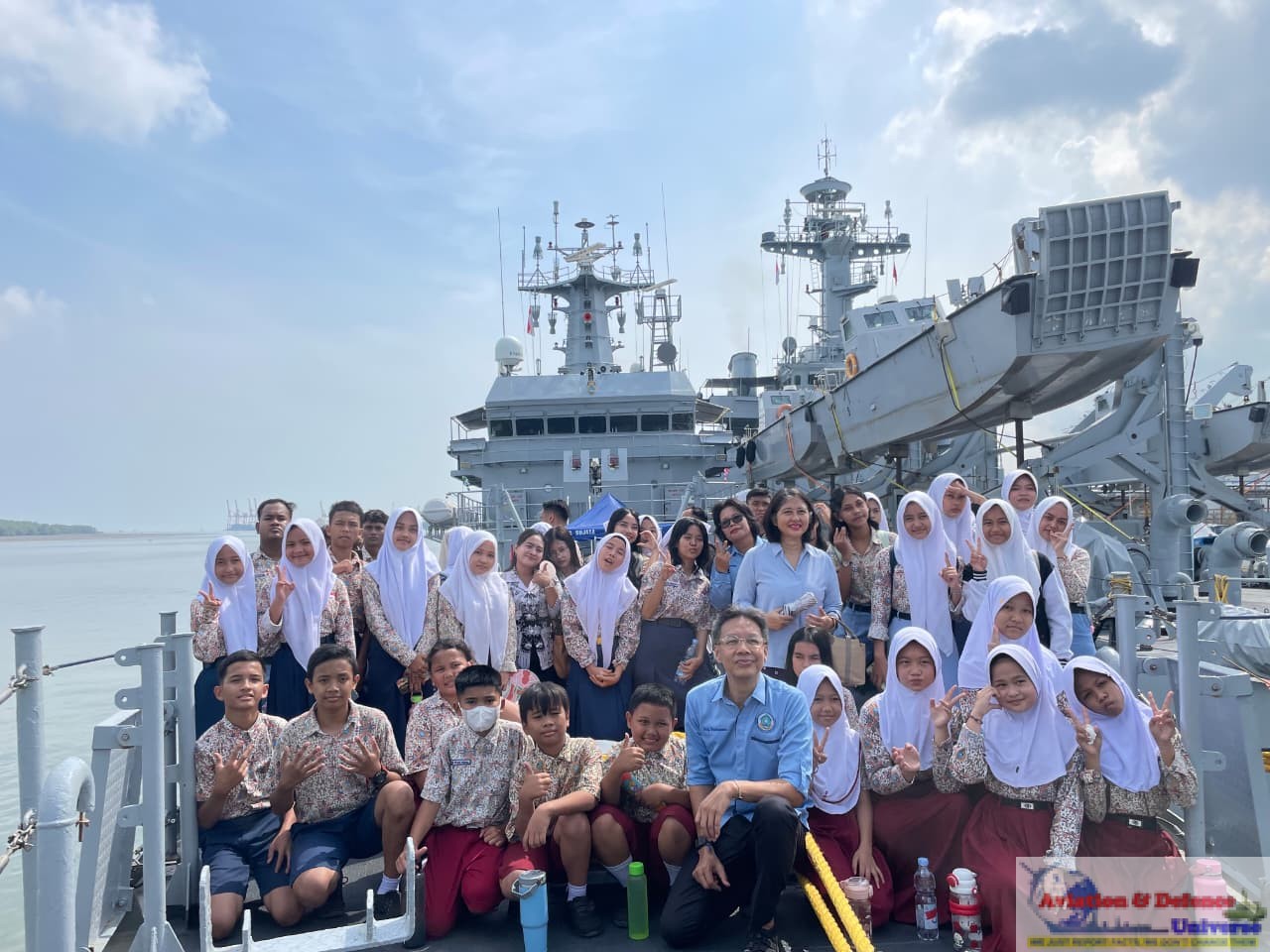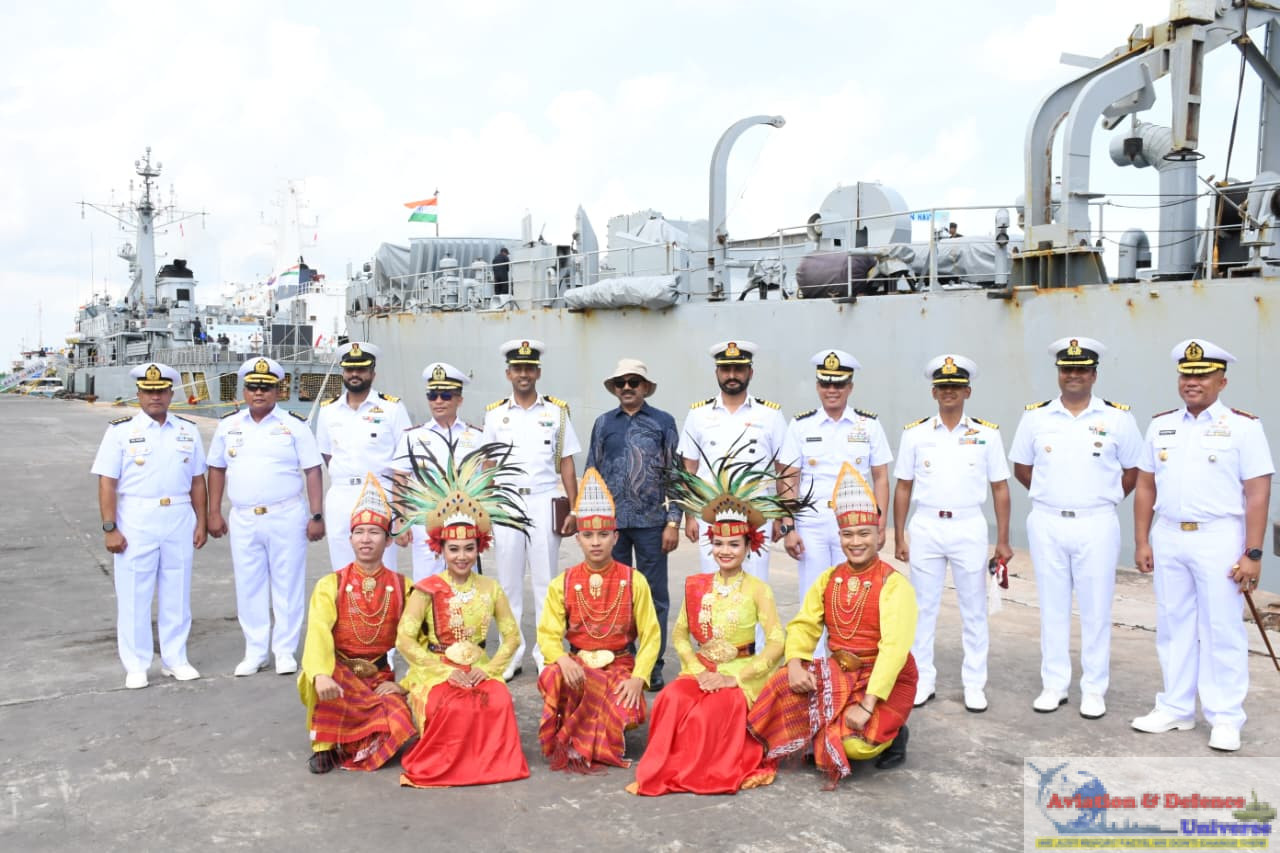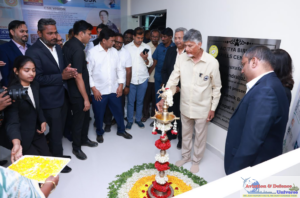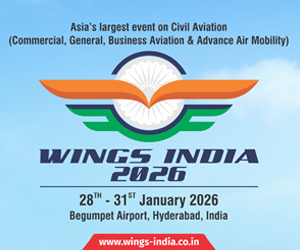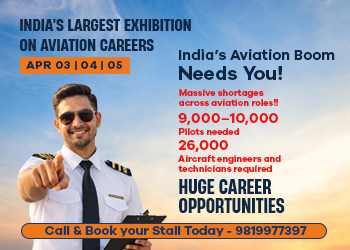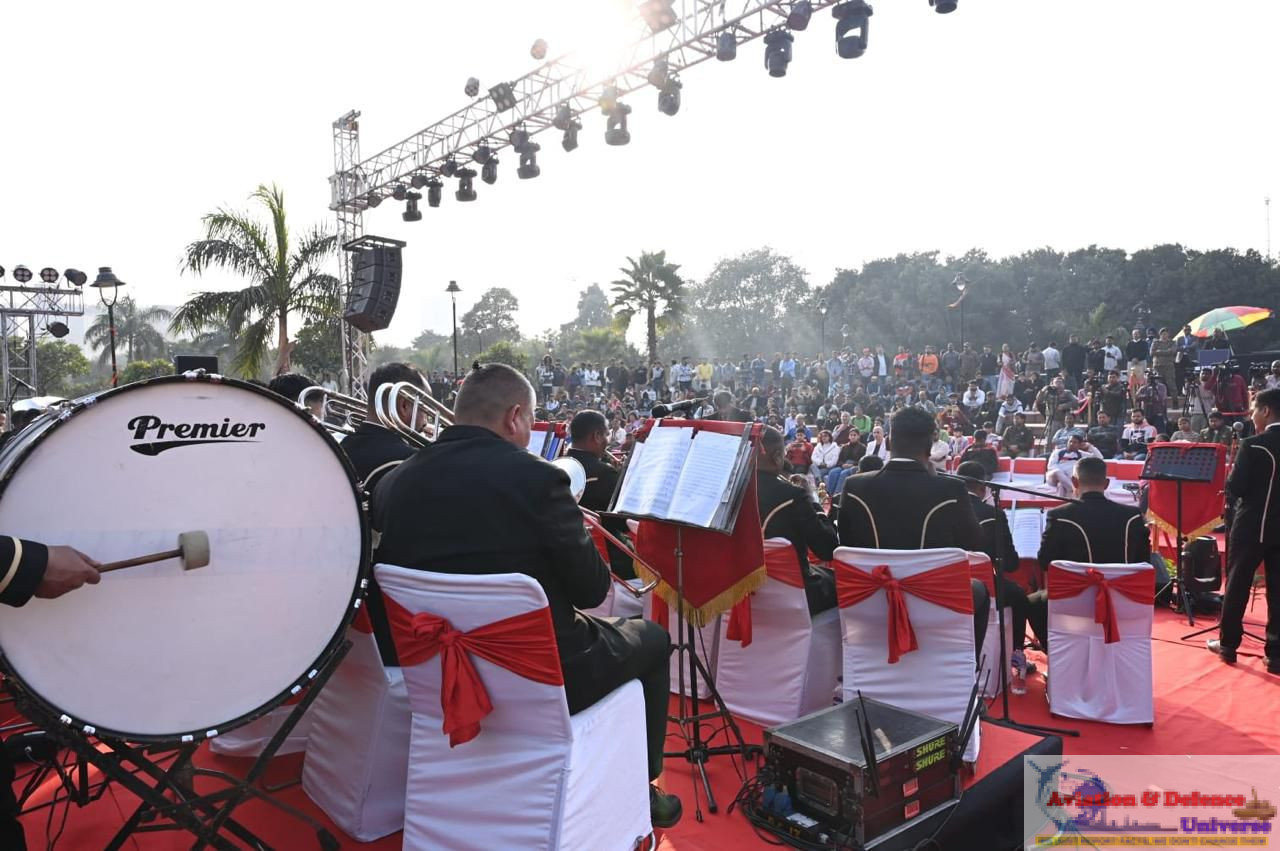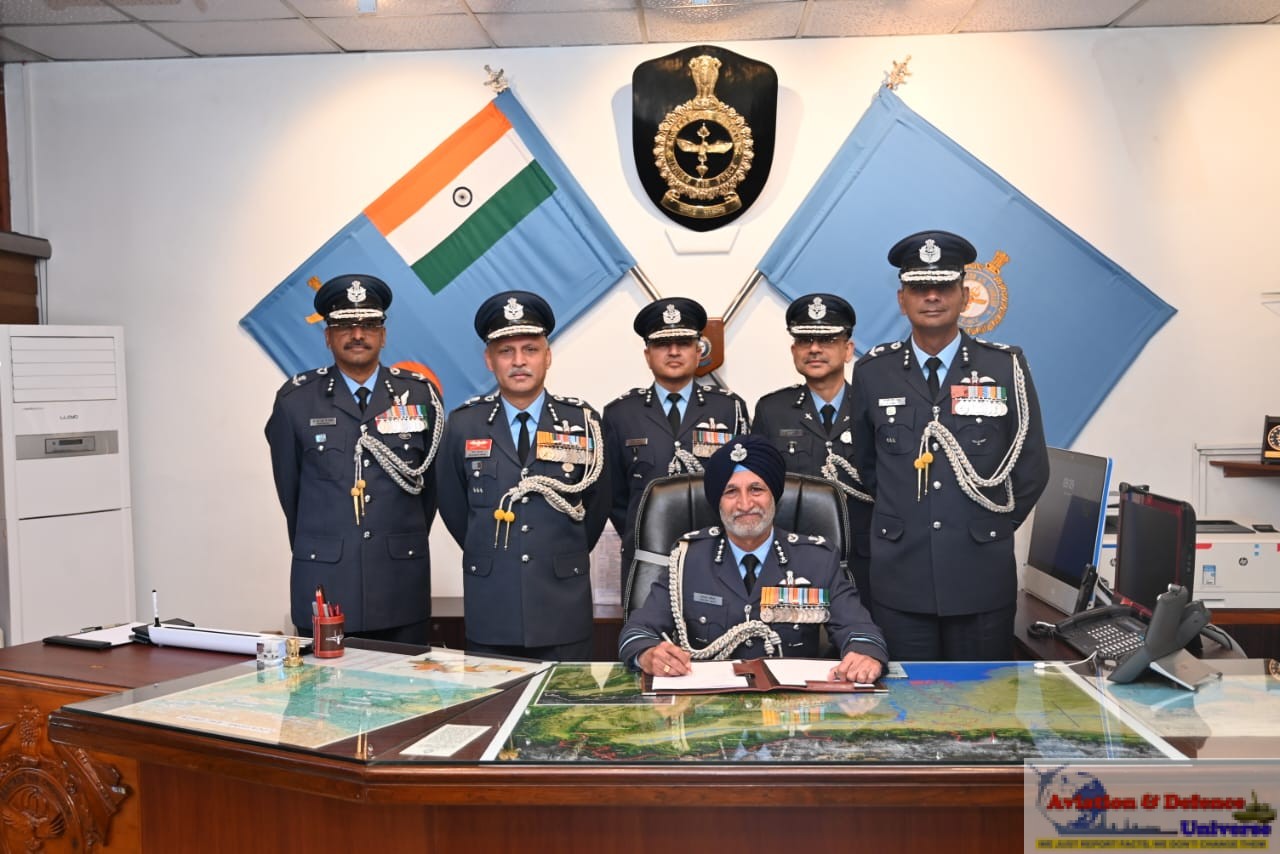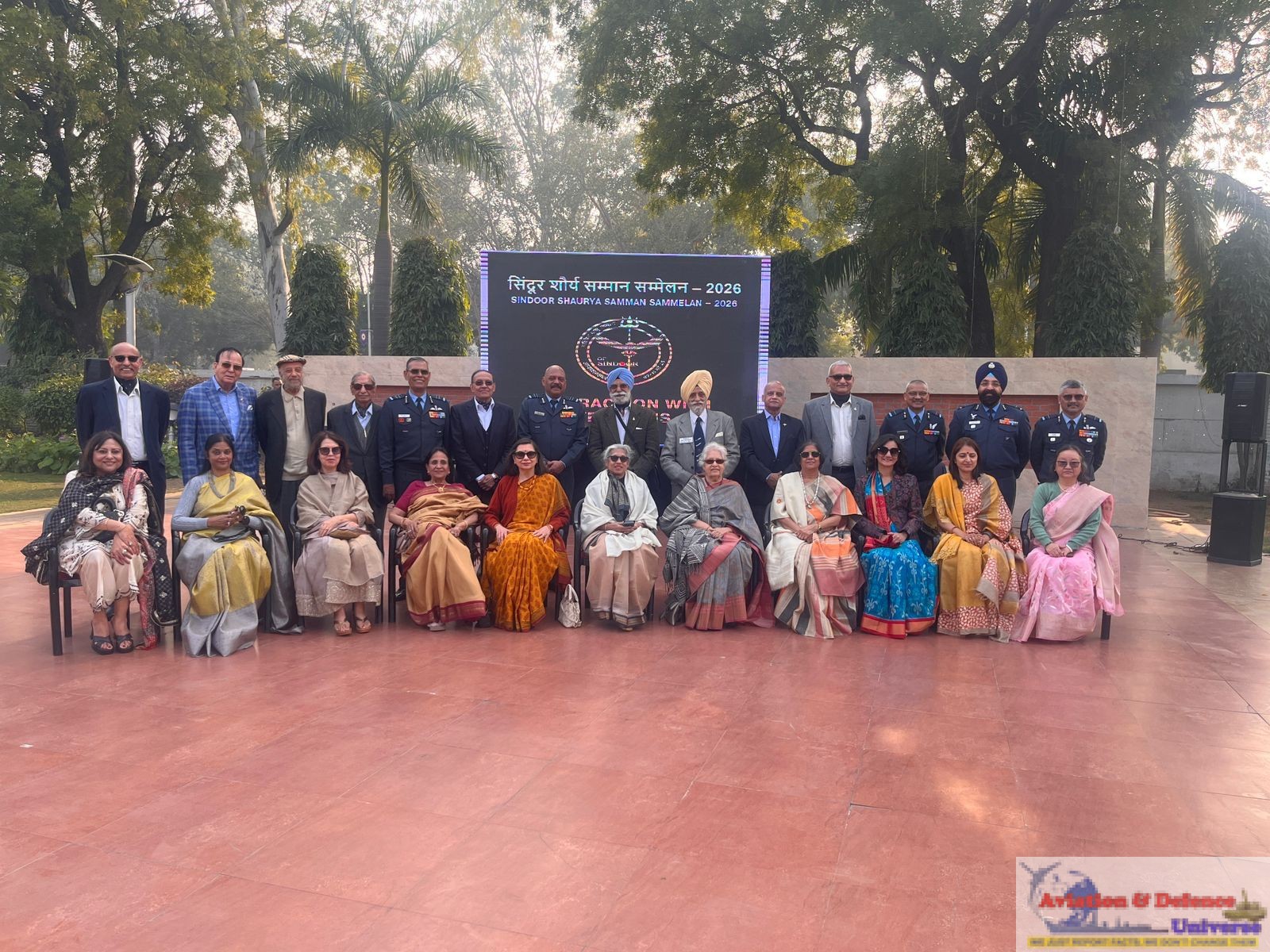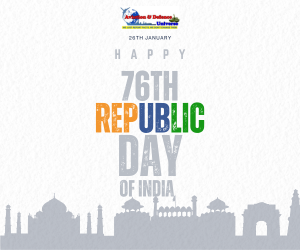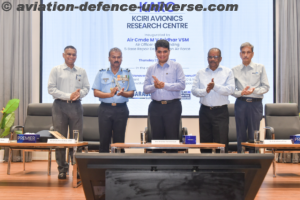 Kumaraguru Centre for Industrial Research and Innovation (KCIRI) celebrated its 8th Annual Day on Thursday with the launch of KCIRI Avionics Research Centre and a special ‘Dr. APJ Abdul Kalam Memorial Address’, at Sarabhai Kalam Theatre at KCT campus in Saravanampatti, Coimbatore.
Kumaraguru Centre for Industrial Research and Innovation (KCIRI) celebrated its 8th Annual Day on Thursday with the launch of KCIRI Avionics Research Centre and a special ‘Dr. APJ Abdul Kalam Memorial Address’, at Sarabhai Kalam Theatre at KCT campus in Saravanampatti, Coimbatore.
KCIRI is created as a focused Research & Innovation Eco System at Kumaraguru Institutions in collaboration with Industries for promotion of industry-specific applied research in 2017. Since 2024, it has emerged as a trusted partner for the Indian Air Force (IAF) and Indian Navy, executing critical projects focused on developing advanced repair technologies and homegrown engineering solutions for a broad range of aircraft—including fighter, transport, reconnaissance, and trainer platforms.
On its 8th Annual Day, KCIRI took a visionary step forward by establishing a KCIRI Avionics Research Centre (KARC). Air Commodore MV Sridhar, Air Officer Commanding, 5 Base Repair Depot (BRD), Sulur inaugurated the Centre. This facility offers a clean, dust-free environment equipped with specialised power supplies, basic testing instruments, and dedicated workstations. The centre is staffed by seasoned professionals from both defence and industry, ensuring a robust ecosystem for development and collaboration.
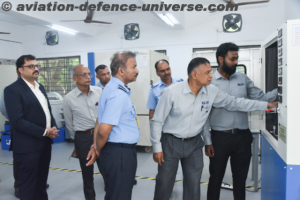 The centre’s will work on reducing the dependence on foreign systems but also extends the operational lifespan of existing defence platforms through innovative, sustainable, and cost-effective technologies. The KARC’s strength lies in its interdisciplinary and collaborative framework, where faculty and students from the Mechanical, Electronics, Instrumentation, and Mechatronics departments work together on real-time defence challenges. This immersive engagement provides students with unique exposure to critical skills like simulation, circuit tracing, reverse engineering, and systems engineering.
The centre’s will work on reducing the dependence on foreign systems but also extends the operational lifespan of existing defence platforms through innovative, sustainable, and cost-effective technologies. The KARC’s strength lies in its interdisciplinary and collaborative framework, where faculty and students from the Mechanical, Electronics, Instrumentation, and Mechatronics departments work together on real-time defence challenges. This immersive engagement provides students with unique exposure to critical skills like simulation, circuit tracing, reverse engineering, and systems engineering.
The inauguration took place in the presence of Shri Shankar Vanavarayar, President, Kumaraguru Institutions; Dr C Vasantharaj, Director, KCIRI; Dr.A.Sivathanu Pillai, Former CEO & MD of BrahMos Aerospace, DRDO and among many other guests.
To mark the 10th memorial day of the ‘Bharat Ratna’ awardee and Former President of India Dr. APJ Abdul Kalam, a special memorial address was made by Dr. A.Sivathanu Pillai – who has worked closely with Dr. Abdul Kalam for 40 years in various significant projects and also co-authored a book with him called ‘Thoughts for Change’. He shared the inspirations and insights he received from him, at the event.
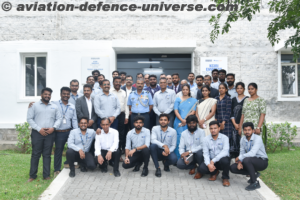 He shared how Dr. Kalam played a crucial role in the successful SLV-III program that made India an exclusive member of the Space Club, and his phenomenal role in the development of Prithvi, Agni, Nag, Akash, and Trishul missiles, which were part of India’s Integrated Guided Missile Development Program (IGMDP), and also in the development of the BrahMos missile – which Dr. Sivathanu Pillai called as the only operational Supersonic Cruise Missile in Sea, Land and Air, and also elaborated its superiority vividly.
He shared how Dr. Kalam played a crucial role in the successful SLV-III program that made India an exclusive member of the Space Club, and his phenomenal role in the development of Prithvi, Agni, Nag, Akash, and Trishul missiles, which were part of India’s Integrated Guided Missile Development Program (IGMDP), and also in the development of the BrahMos missile – which Dr. Sivathanu Pillai called as the only operational Supersonic Cruise Missile in Sea, Land and Air, and also elaborated its superiority vividly.
He said India can become a superpower like how Dr. Kalam wanted it to be, in future, if the 800 million youth in the country now are made men and women of skill and substance. By 2047, there would be 1 billion youth out of the projected 1.7 billion persons in India. If the 1 billion youth are skilled, then the prosperity Dr. Kalam wanted India to have could become a reality. He underlined that it is in the hands of institutions to build competent youth who could transform India into a global leader.
While the world remembers Dr. Kalam as the missile man of India, Dr. Sivathanu Pillai drew everyone’s attention to the last address by Dr. Kalam that is titled ‘How to make our Planet more liveable?’ on 27.7.2015 at IIM, Shillong. He said Dr.Kalam’s was equally focused on the whole planet as he did for his nation. He feared that Earth may start to become a difficult place to live in 2066 if the rate at which carbon emission is made is not reduced.
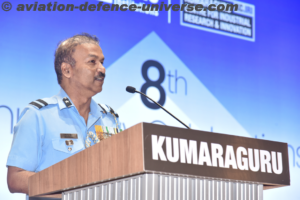 Dr. Sivathanu Pillai underlined that humans generate 51 billion tons of CO2 every year, and if this not handled timely, it could increase the global mean temperature that will eventually affect our food supply, water resources, infrastructure, ecosystems and our health.
Dr. Sivathanu Pillai underlined that humans generate 51 billion tons of CO2 every year, and if this not handled timely, it could increase the global mean temperature that will eventually affect our food supply, water resources, infrastructure, ecosystems and our health.
Like Dr. Kalam, he advocated for planting great number of trees. “One tree absorbs 22 kgs of CO2 per year and gives 20 kg of O2 for living. We need to protect forests and plant a trillion trees to save earth.” he remarked. He also highlighted how wider application/adoption of green technology in food production, clean energy generation and eco-restoration can help the planet.
Guest of Honour of the event, Air Commodore Sridhar in his address, called upon the young engineers to consider a career in the Indian Armed Forces, emphasizing the unparalleled training, discipline, and opportunity for nation-building it offers.
He shared a personal anecdote about choosing the Air Force over other career paths, highlighting the unique fulfilment found in serving the nation. He underscored the critical role of maintenance and technical branches in ensuring that Indian Air Force equipment is “mission ready all times,” a silent but vital contribution to national security.
He highlighted that engineers in the Air Force constantly operate at the “edge of technology and its performance,” ensuring equipment is always mission-ready – a “win-win” situation with no room for error. He encouraged the NCC cadets and all aspiring engineers to explore diverse technical and administrative opportunities within the Indian Armed Forces, from aircraft systems and cybersecurity to net-centric warfare.








